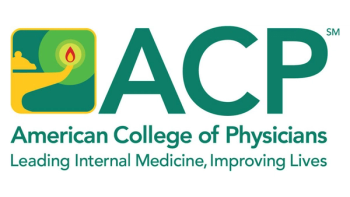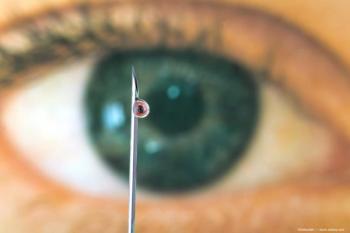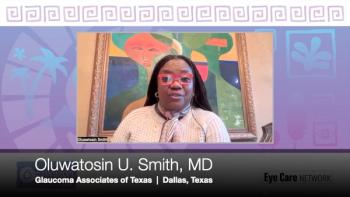
Lumenis receives SRT global licensing rights
Yokneam, Isr?l-Lumenis Ltd. announced it has received exclusive worldwide licensing rights for SRT, a new laser therapy for selectively treating retinal diseases. These rights include licenses issued to Lumenis by Medizinisches Laserzentrum Lubeck GmbH, Massachusetts General Hospital, and Professor Reginald Birngruber.
Yokneam, Israel-Lumenis Ltd. announced it has received exclusive worldwide licensing rights for SRT, a new laser therapy for selectively treating retinal diseases. These rights include licenses issued to Lumenis by Medizinisches Laserzentrum Lubeck GmbH, Massachusetts General Hospital, and Professor Reginald Birngruber.
SRT selectively targets and confines the treatment to the retinal pigment epithelium. Little heat is generated, so the surrounding photoreceptors are not damaged.
"Laser photocoagulation is the accepted standard of care for diabetic retinopathy patients, while photodynamic therapy is the current standard for treating AMD patients," Dr. Birngruber said. "Although both of these laser treatments reduce disease progression, they seldom restore or improve visual acuity. SRT, on the other hand, has the potential of doing both. This is truly a breakthrough for ophthalmology and sight preservation."
The company is currently conducting research into laser system designs. Later this year, Lumenis would like to start an expanded international multicenter clinical study. Current research activities and long-term clinical studies will determine the timing of market introduction of a commercial product, according to the company.
"The potential application for this new technology, namely diabetes and age-related macular degeneration, is massive and growing," said Avner Raz, Lumenis president and chief executive officer.
"We believe SRT's positive impact on ophthalmologists and their patients will signify a watershed event in the field of retinal laser treatment," he said.
Newsletter
Don’t miss out—get Ophthalmology Times updates on the latest clinical advancements and expert interviews, straight to your inbox.





























